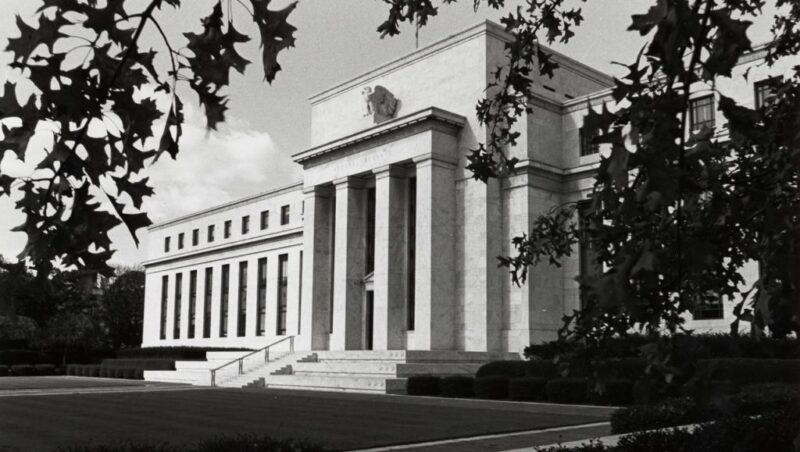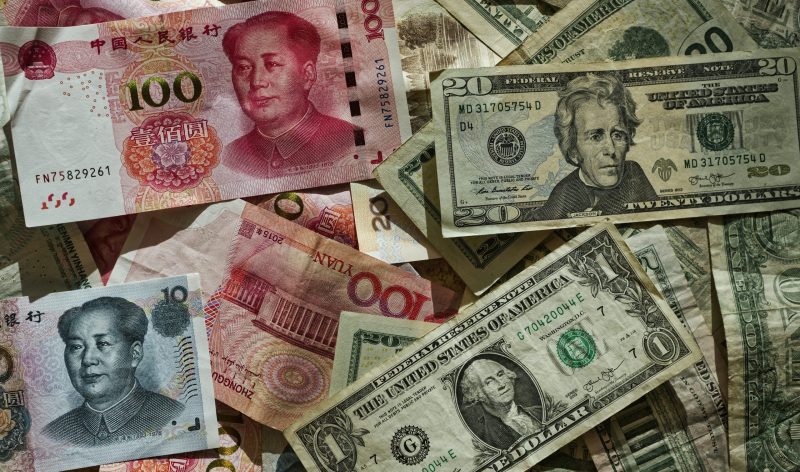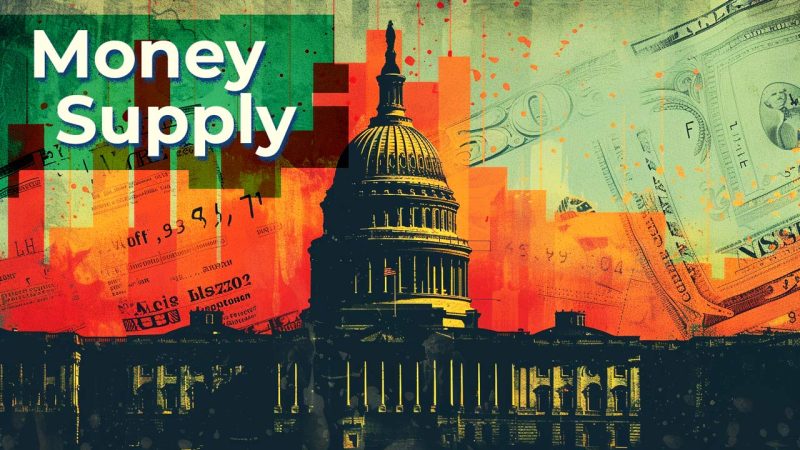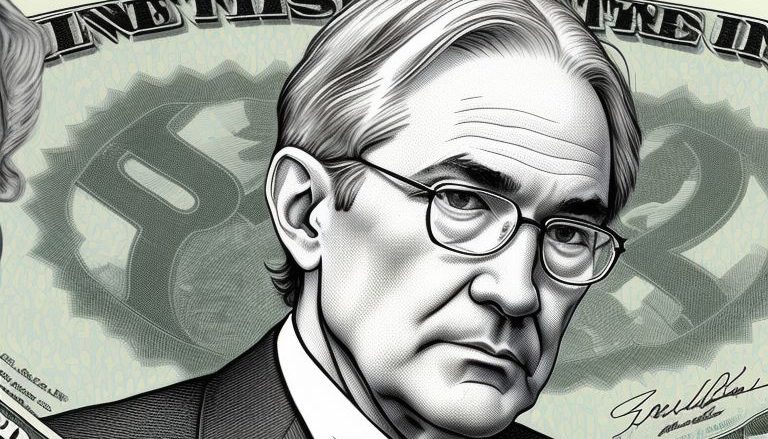The Federal Reserve wrapped up its March meeting, delivering a 25 basis-point interest rate hike in the face of a 7.9% CPI. Peter Schiff called it the most anticipated and probably the most meaningless rate hike in history.
This article was originally published by Schiff Gold.
There was some speculation that the central bank would lift off with a 50 basis-point hike before Russia invaded Ukraine. But Peter said even that would have been too little, too late to derail this juggernaut of inflation.
Nevertheless, the Fed’s move was the first salvo in its war on inflation. And while it looks to be a feckless inflation fight, Peter said the thinks the rate hikes that are coming will do more damage to the economy than most people realize. The Fed projects up to six more hikes this year, taking interest rates to just below 2%. (Still not terribly significant in light of historically high inflation.)
The bond market appears to be correctly pricing in a recession. But Peter said bond buyers are still missing the boat.
I agree that bond investors are correct; a recession is coming. But where bond investors are missing the mark is to believe that the arrival of recession means a departure of inflation.”
Peter said he thinks recession is going to exacerbate the inflation problem. That puts the Federal Reserve in a difficult position.
As the US economy weakens, that’s going to put more upward pressure on the budget deficit. The government is going to collect less in the way of taxes. It’s going to be spending more as these stabilizers kick in as the economy weakens. So, the deficits are going to be getting bigger, which so going to be putting more pressure on the US dollar to go down. And as the US dollar really starts to fall, that’s going to be putting more upward pressure on prices.”
If you consider the massive increase in the money supply compared to the rise in prices so far, there’s a long way for prices to run upward.
And there is nothing that the Fed did during its March meeting to alter that trajectory.
Just because the Fed is hiking rates because of inflation doesn’t mean these rate hikes are actually going to work at putting out the inflation fire. They’re not. The Fed is simply doing the minimum that it can get away with and try to save face.”
The Fed’s messaging was widely regarded as “hawkish” with Fed chair Jerome Powell projected firm resolve to stick to the rate hike path. But Peter picked up on something in the Fed minutes most people didn’t seem to notice. The FOMC took out language relating to the start of balance sheet reduction. It now just says it will happen sometime in the future.
The most important thing to me is quantitative tightening is happening later than the Fed initially postured. And it may never happen. That’s kind of my thought. They can raise interest rates slightly, because, on the margin, the first few rate hikes won’t have much of an impact. But I think given the enormity of the federal government deficits, I don’t see how the Federal Reserve is able to shrink its balance sheet. In fact, I think the Fed is going to have to continue to increase the size of its balance sheet even as it notches up interest rates.”
During the post-meeting press conference, Powell took several questions relating to the possibility that monetary tightening will cause a recession. Powell insisted the economy is strong enough to handle the rate hikes coming down the pike.
Maybe it can. Maybe it can’t. The Fed’s been wrong about a lot of stuff in the past. Most recently, it was wrong about inflation being transitory. So, maybe it’s wrong about the ability of the economy to withstand these rate hikes.”
Keep in mind, the US economy is a credit bubble. It hinges on the ability of over-leveraged consumers, businesses and governments to keep on spending borrowed money.
So, obviously, there is a breaking point there when it comes to interest rates. You live by low interest rates; you die by high interest rates. The only question is when are low interest rates no longer low enough and then they become high? We’re only going to find out when get there.”
This isn’t uncharted territory. In the last tightening cycle, we got there at 2.5%. Peter said he thinks the breaking point is much lower than that today given the increase in debt in the economy.
The Fed clearly doesn’t even understand that the economy is a bubble. Or if it does, it sure as hell is not going to admit that to anybody.”
In this podcast, Peter also talks about Elizabeth Warran’s refusal to take the blame for inflation, the gold market’s reaction to rate hikes, a pay raise for congressional staffers, and more on Powell’s post-meeting Q&A.





